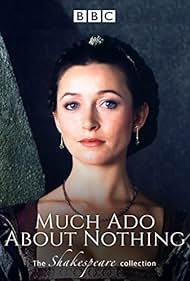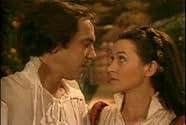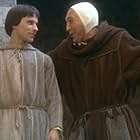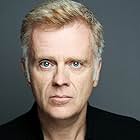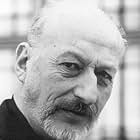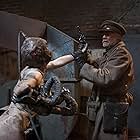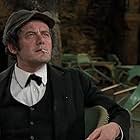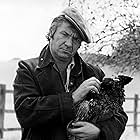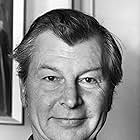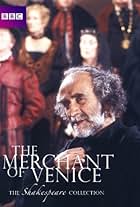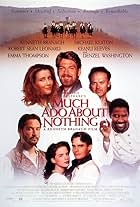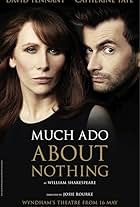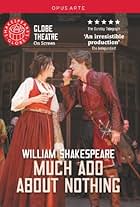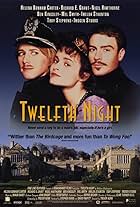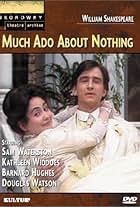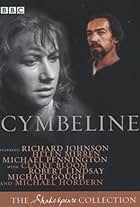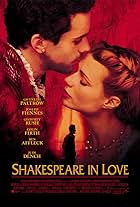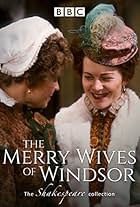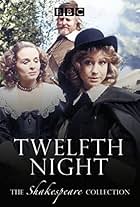Watching this 148 minute highly professional BBC production cannot but warm the heart of any Shakespeare appreciator. The beautiful and witty Cherie Lunghi is a properly shrewish yet desirable Beatrice, and she is the greatest boon of this production.
This version, due to its length (I always appreciate using the full text), is divided up into two parts, and part one can sometimes become a little dull. BBC's Complete Works of Shakespeare seems to be made so as to honor Shakespeare's language more than the performing of his drama, and I cannot fault them for this, since I, too, ultimately consider the plays more literature than theater. But BBC's chosen actors and actresses are so consummately professional, clear-speaking and well-rehearsed that this becomes far more than mere recital (unlike, for instance, the dull Kevin Kline version of Hamlet). And in terms of animated and emotional acting, part two of this production more than makes up for whatever shortcomings in this department part one may have had. The wedding scene with Claudio's shaming of Hero was played intensely dramatically, and clearly the best sequence of this production.
I was also greatly impressed with the immensely well-crafted stage sets.
Today, however, this version does come across as slightly old-fashioned, or at least traditional. It cannot measure up to Branagh's movie version, which in this reviewer's opinion is one of the few perfect movies of any kind ever made. Its visuals underscore the beauty of the words, and the formidable chemistry between all the actors is clear as day. Even the text cuts are largely justified, as most of what was cut was not important for the action. A more definitive version can scarcely be made.
So the BBC version receives a 9 out of 10 from me. While it seemed textually complete, there were actually a few bits missing. For instance, when Claudio says of Hero, "Can the world buy such a jewel?", for some reason they neglected to include Benedick's reply, "Yea, and a case to put it into!", which is a pretty important line as it, among other things, prefigures Hero's apparent death and thus her placement in a coffin (= casket = case).
I have only seen these two Much Ado productions, BBC's and Branagh's (well, and the 2005 Shakespeare Retold version, but that was not anywhere near this league), but I am greatly looking forward to seeing other productions, which I hope I will have the opportunity to.
